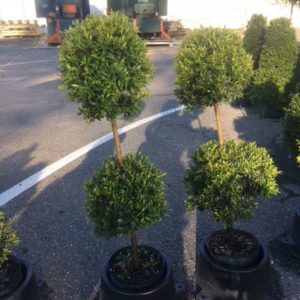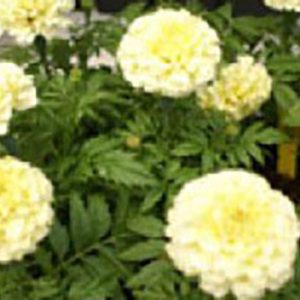Description
Antirrhinum – Snapdragon
The Greek called them Antirrhinon nose like, in France they are gueule de loup, wolf’s mouth, in Germany and Italian the name means lion’s mouth. There are about 40 species of annuals, perennials, and semi-evergreen sub shrubs from mainly rocky sites in Europe, the U.S. and Northern Africa, in this genus. Grown for their broadly tubular 2-lipped flowers with a characteristic hairy palate on the lower lip, which are produced from the leaf axils or in terminal racemes from early summer to autumn. The leaves are borne on branching stems are linear-lance shaped to egg shape and sometimes glandular. Shrubby perennial species are great for rock gardens or in retaining wall. The most widely grown snapdragon is Antirrhinum majus and it is a short lived perennial usually grown as an annual.
Antirrhinum majus needs fertile, sharply drained soil in full sun. Dead head to prolong flowering. Shrubby perennial species needs well-drained soil and shelter from wind; they are extremely brittle and sensitive to winter moisture.
Prone to gray mold, many fungal leaf spots (frogeye), rust, root rot caused by Pythium and Phytophora, seed-borne downy mildew, fungal wilt diseases, Southern blight, aphids, and leaf miners.
Antirrhinum sempervirens – This dwarf shrub from the Pyrenees, and Spain grows 6-8” tall and spreads 8-12” wide. It produces opposite oblong-ovate to elliptic slightly sticky hairy mid green leaves ¼-1/2” long. In early and mid summer it bears cream or white flowers to 1” long with purple veins and yellow palates from the upper leaf axils.
Zones 8-10





